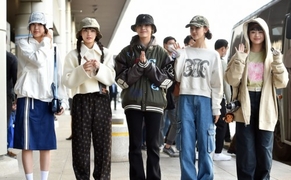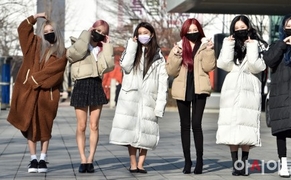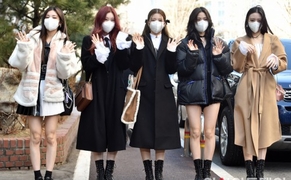 |
| Medical officials and patients move at a university hospital in Seoul on April 19 as legislative conflicts continue over the policy to increase the medical school admission quota./ Source: Yonhap News |
AsiaToday reporter Seol So-young
The government will set up a special presidential commission on medical reform this week to resolve legislative conflicts with doctors and push for urgent medical reform tasks such as strengthening essential and public medical care. Noh Yeon-hong, President of Korea Pharmaceutical and Bio-Pharma Manufacturers Association (KPBMA), has been nominated as the chairman of the commission.
The move is seemingly aimed at accelerating its plan for medical reform following its announcement last week to allow universities to scale down their medical school admissions increase by up to half of the government’s original plan for the academic year 2025. With the resistance from the medical community still in full swing, it is expected to be an inflection point for conflicts between the government and doctors.
Attention is focusing on how the launch of the special committee on medical reform will affect the situation, with both the government and the medical community going their own way.
According to the Ministry of Health and Welfare on Sunday, the presidential special committee on medical reform will hold its inaugural meeting this week. The special committee plans to discuss issues on medical reform broadly, including reform tasks for medical system, investment directions for essential medical care, periodic review of the status of supply and demand of medical personnel, and more.
The committee is composed of one civilian chairman, government officials from six ministries, and 20 civilian members. Civilian members include people from various occupations, with 10 members from supplier organizations including doctor community, 5 from consumer organizations, and five experts from different sectors.
The question is whether the Korean Medical Association (KMA), the country’s biggest doctors’ group that is currently leading the legislative conflict, will participate. In fact, the association is unlikely to take part in the special committee.
The KMA has rejected the government’s proposal to allow universities to decide their medical school quota by a range of 50 to 100 percent for the 2025 academic year. The emergency committee of the KMA issued the position, stressing that there is not much time to resolve the current situation and urging President Yoon Suk-yeol and his government to reconsider the plan. The medical community is demanding a one-on-one dialogue between the government and the medical community.
#medical reform #special committee
Copyright by Asiatoday
Most Read
-
1
-
2
-
3
-
4
-
5
-
6
-
7





















